Looking to Build Intercultural Competence at Your Institution?
Want to build intercultural competence at your college, university, or higher education organization?
Most colleges and universities now recognize the importance of preparing students to live and work in a diverse world. Institutional mission statements and strategic plans emphasize the importance of intercultural competence, cultural humility, cultural intelligence, inclusive excellence, global learning, global citizenship, or similar goals.
But few institutions and educators have a clear idea of how to effectively accomplish these goals.
The approach taken at many colleges and universities focuses on providing students with intercultural experiences—abroad and on campus—assuming such experiences lead to the desired outcome. However, there’s now a good deal of research demonstrating that’s not the case.

MYTH:
Exposure to or immersion in another culture leads to intercultural development.
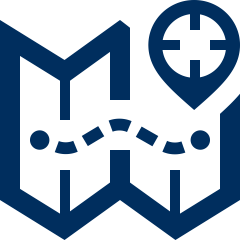
REALITY:
Exposure to—even immersion in—another culture does not ensure someone will learn how to engage more effectively or appropriately across cultural differences. Educators need to intentionally facilitate intercultural learning—in addition to providing such experiences—if we want to ensure students develop intercultural competence.
In addition, higher education institutions talk a lot about diversity and inclusion, as if these two things go hand-in-hand. However, diversity has to do with demographics—it involves having a diverse mix of people. That does not mean everyone feels a sense of inclusion, belonging, or equity.
Intercultural competence is the missing piece of the puzzle. Intercultural competence involves developing one’s capacity to engage effectively, appropriately, and authentically across cultural differences (not just national or ethnic, but all types, including those related to religion, region, gender, sexual orientation, ability, vocation, and more).
Developing intercultural competence is about building people’s capacity to bridge cultural differences—to ensure that diverse teams, classes, campuses, or institutions are inclusive. This capacity is necessary if we’re to create more equitable systems and organizations.
Definitions
✔ Diversity: A mix of differences. Related to the demographics of a group.
✔ Inclusion: An environment where people feel a sense of belonging, of being valued and respected for who they are.
✔ Culture: A learned set of shared interpretations about beliefs, values, norms, and social practices that affect the behaviors of a relatively large group of people (such as but not limited to nation states, ethnic or racial groups, gender, religion, region, ability, etc.). Like lenses that filter how we experience and make meaning of the world.
✔ Intercultural Competence / Development: The ability to communicate and act appropriately, effectively, and authentically across (all types of) cultural differences. Not something one has or doesn't have, but an ongoing, developmental process. Involves increasing the complexity with which one experiences cultural differences and similarities.
Still confused about terms?
>> Read this. <<
Doing this work effectively and sustainably must start with developing the intercultural capacity of educators.
That’s exactly what True North Intercultural programs are designed to do!
All programs were developed by intercultural teaching and learning specialist, Tara Harvey, Ph.D. They are designed specifically for higher education faculty and staff, and focus first and foremost on developing participants' own intercultural competence, as this is at the heart of becoming more inclusive educators.
More advanced programs also help participants develop their capacity to integrate intercultural learning into their work as educators—to design intercultural curricula and effectively facilitate intercultural learning (see the framework below).
A Framework for Intercultural Learning
All True North Intercultural programs are designed around the following Four-Phase Developmental Framework for Intercultural Learning,* and help participants develop in each of these areas. In addition, advanced programs teach educators how to use this framework to design and facilitate others’ intercultural learning.
- Increasing awareness and understanding of our own characteristic ways of making meaning and acting in familiar and unfamiliar contexts;
- Increasing awareness and understanding of others’ ways of making meaning and acting in familiar and unfamiliar contexts;
- Responding mindfully in contexts that disorient or challenge us;
- Bridging cultural gaps in those contexts: Shifting perspective, attuning emotions, and adapting behavior in effective and appropriate ways.
* The Four-Phase Developmental Framework for Intercultural Learning was originally developed by Dr. Michael (Mick) Vande Berg. True North Intercultural founder Tara Harvey is currently working with Dr. Vande Berg and another colleague on a book where this framework will be published. Used with permission.
Let's be honest: This is not a one-and-done, overnight process. It doesn’t happen just by participating in a webinar, workshop, or conference. It requires more intentional, developmental work.
That's why True North Intercultural programs focus on offering transformative professional development, with learning extended over a longer period of time. This allows educators to integrate what they are learning into their lives as they go, and develop their intercultural capacity in a way that works within their busy schedules. In addition, programs don't just teach concepts or theories, but processes and practices that educators can use to continue learning and growing long after the program ends.

Case Studies
Explore How Other Institutions are Developing Their Intercultural Capacity
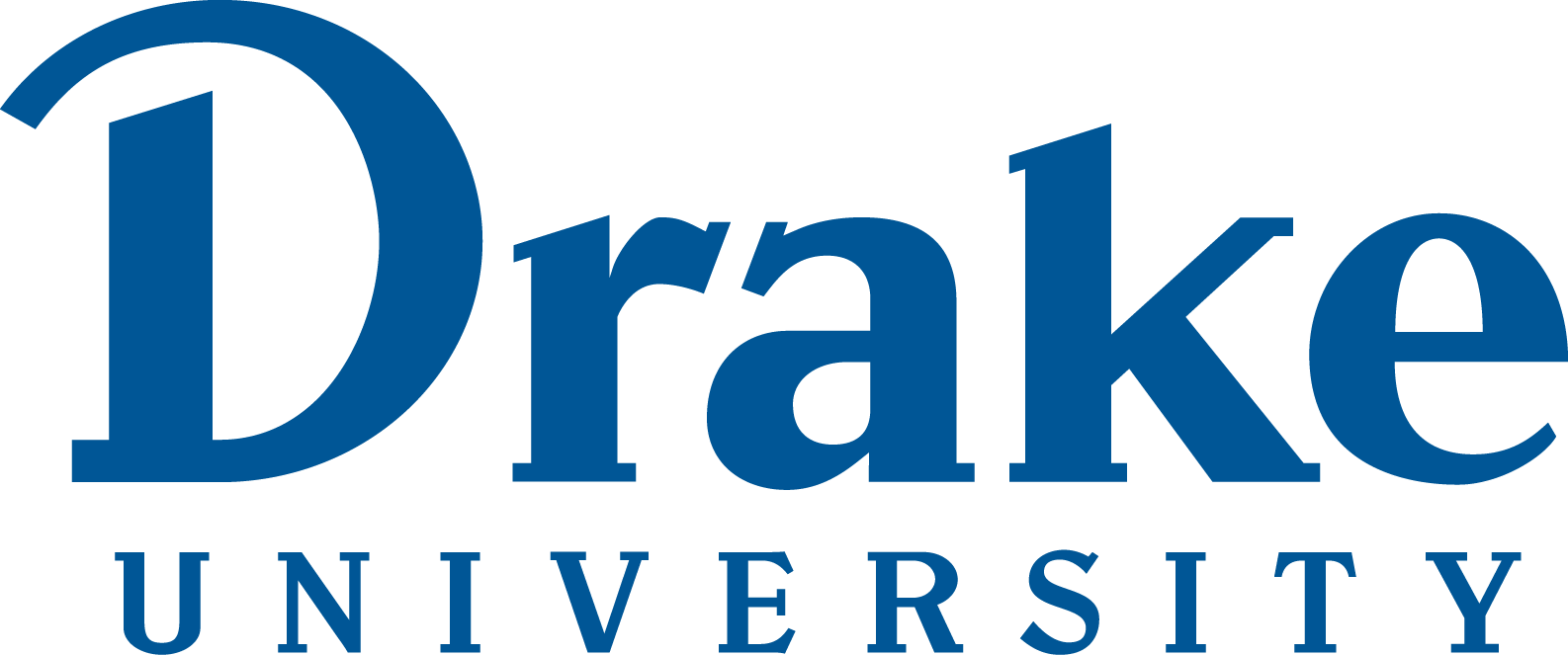
The Nelson Institute at Drake University was looking for ways to help faculty increase their comfort and capacity to educate students for global citizenship.

The EDI Engagement Committee at the University of Utah’s David Eccles School of Business was looking for staff training beyond typical “one-and-done” experiences.
Partner with True North Intercultural to build intercultural capacity at your institution.
Book a strategy call with our founder Tara Harvey to discuss the intercultural goals of your institution, organization, or department, and how True North Intercultural can help you achieve them!
Building intercultural capacity at your institution can help you...
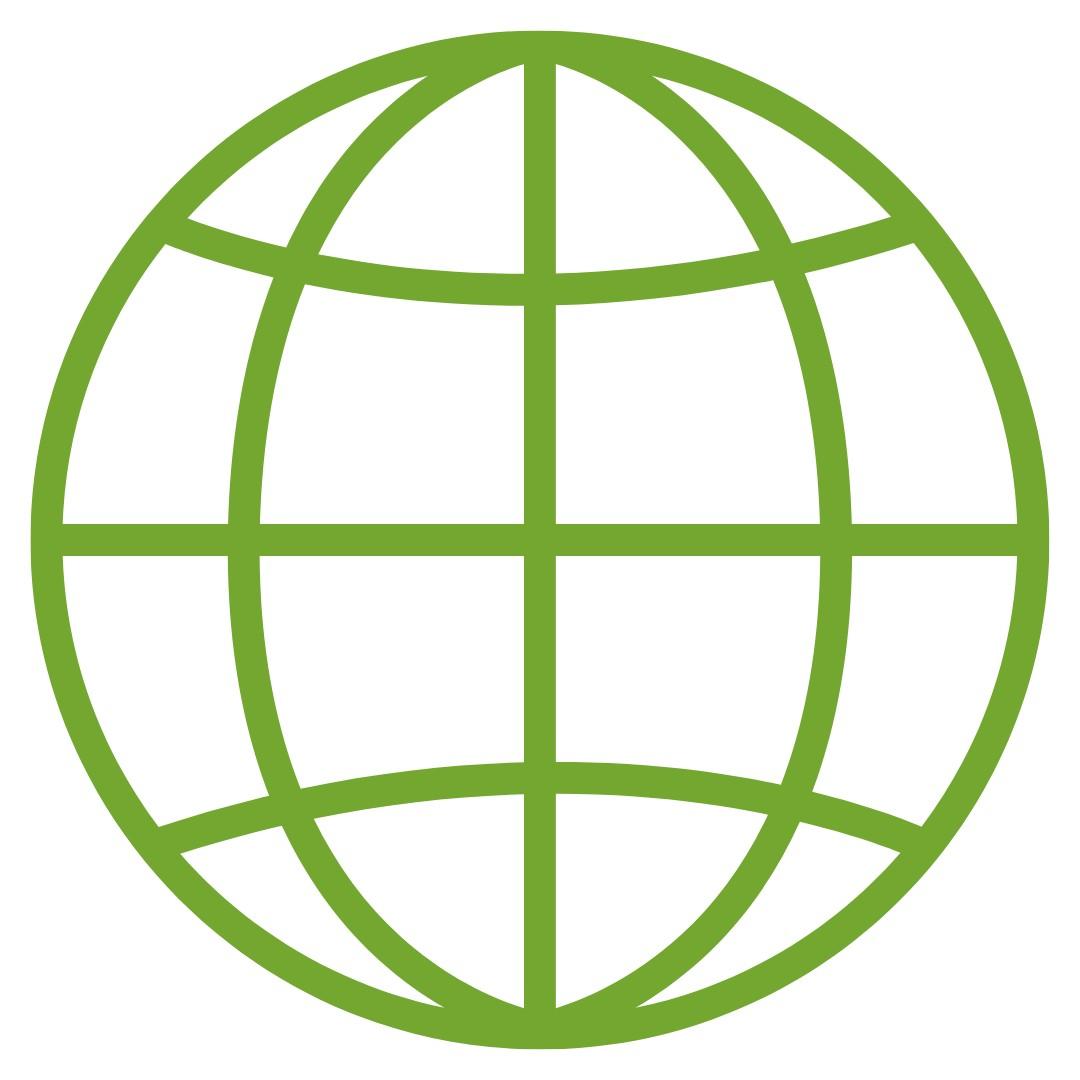
Attract and retain amazing faculty and staff who can effectively and appropriately teach and support a diverse student body.
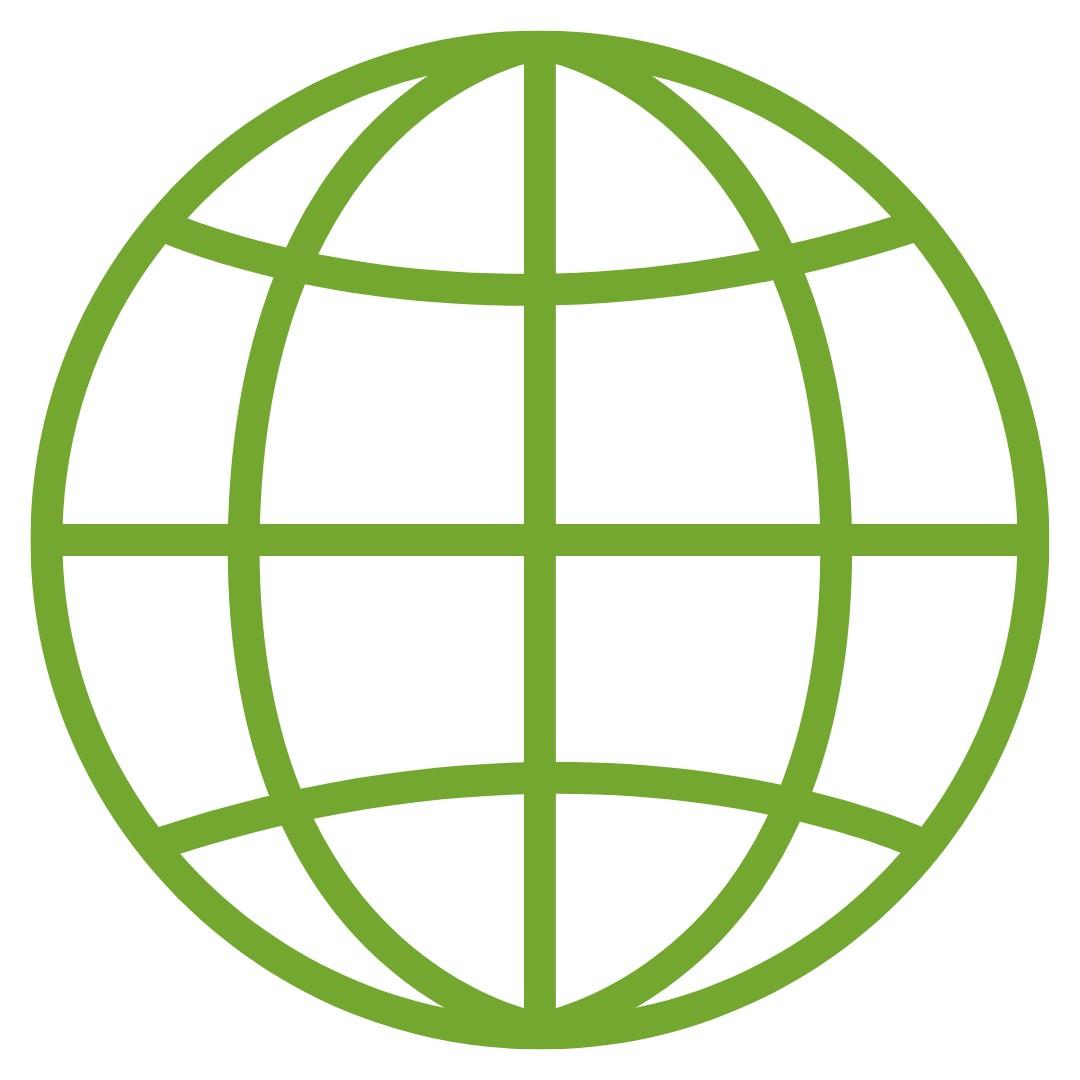
Help faculty and staff integrate intercultural learning or a global perspective into their teaching/work.
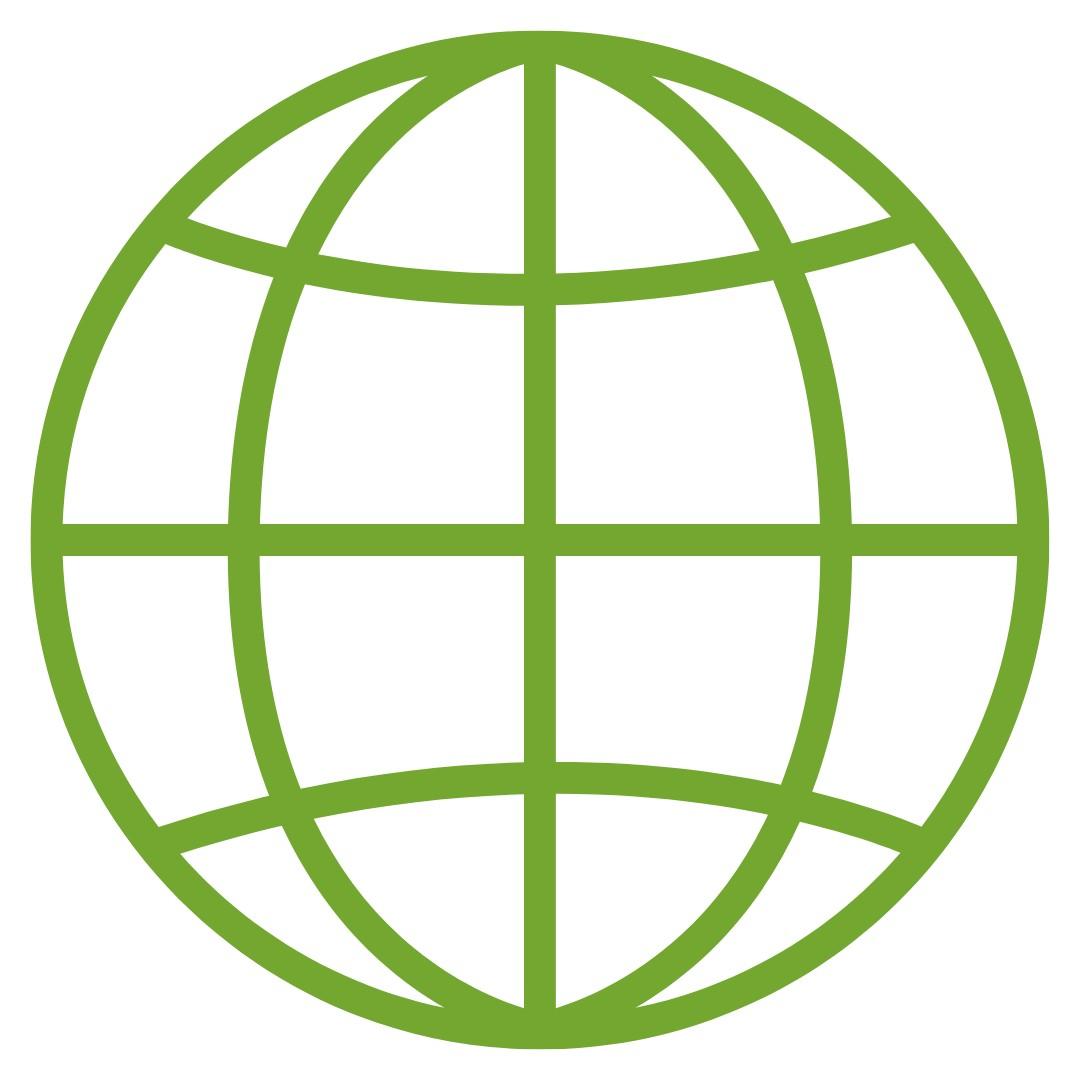
Foster a more inclusive climate, increasing your ability to recruit and retain a diverse student body.
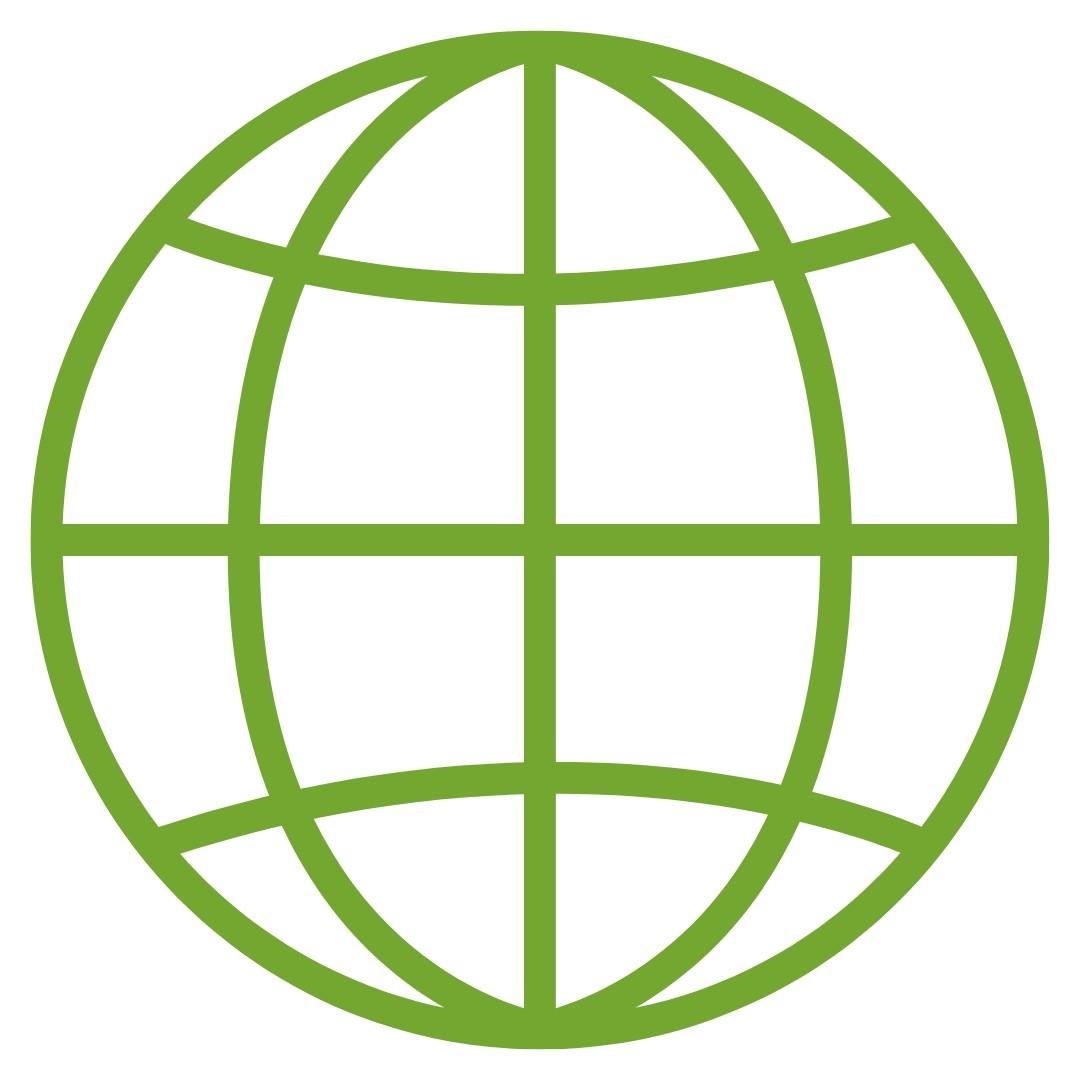
Improve the intercultural learning experiences that you offer (at home and abroad) and outcomes for all involved.
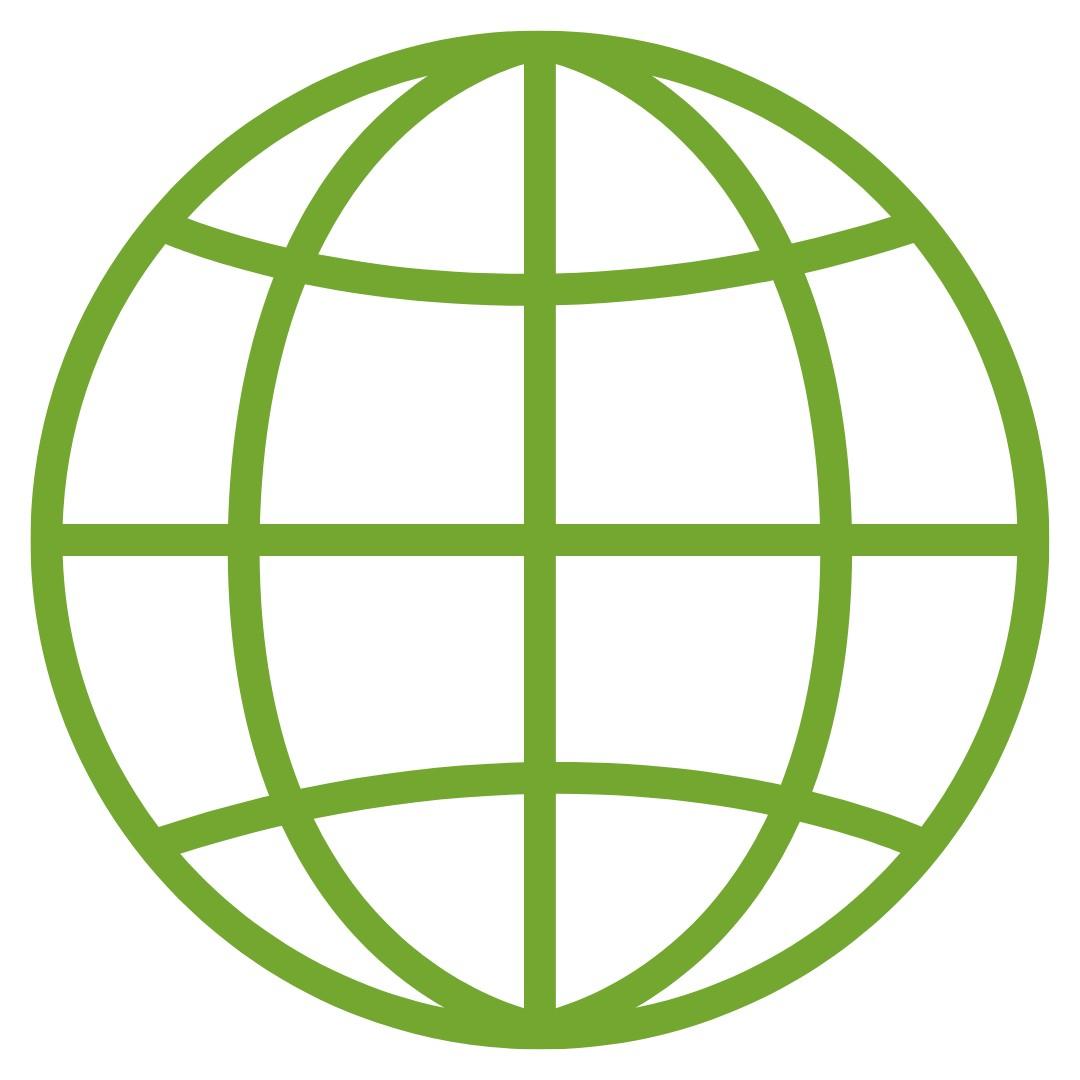
Increase buy-in around your institution’s intercultural and DEI goals.

Let's Talk!
Book a strategy call with our founder Tara Harvey to discuss the intercultural goals of your institution, organization, or department, and how True North Intercultural can help you achieve them!






